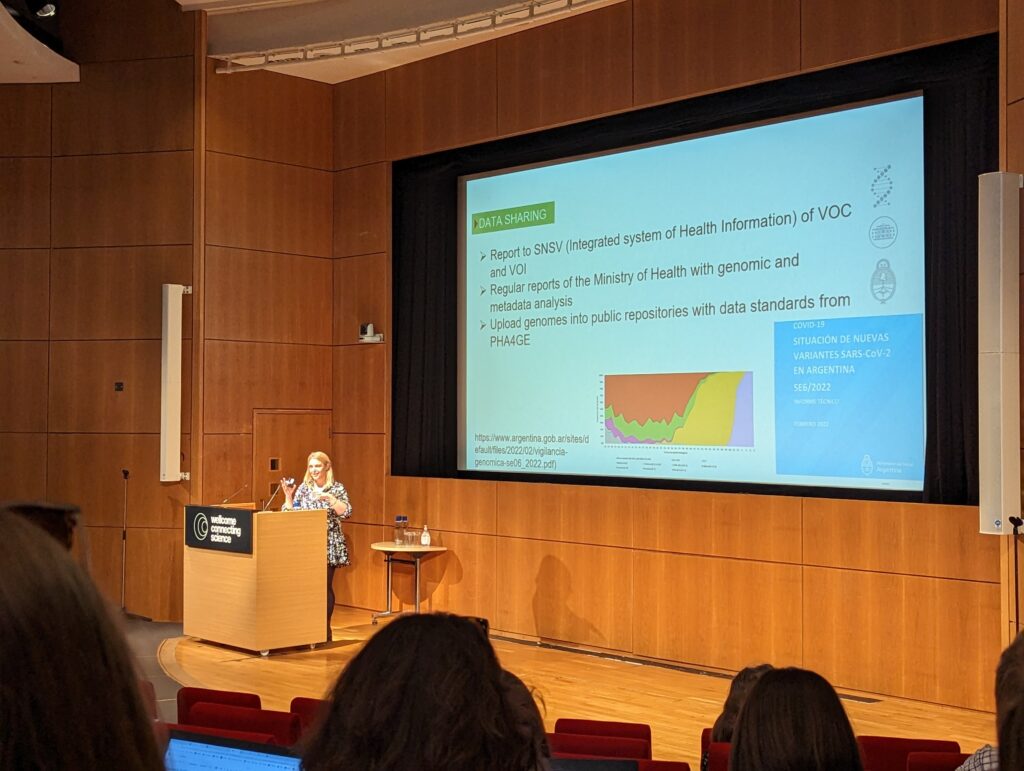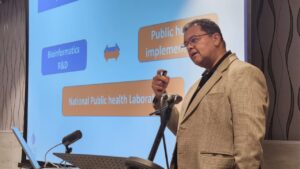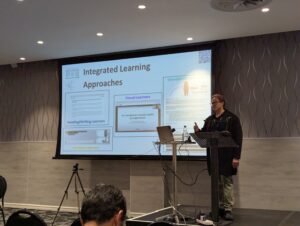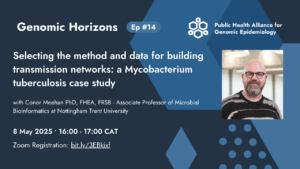In the realm of public health genomics, Argentina has made significant strides in recent years, thanks to the efforts led by Josefina Campos and her team at ANLIS–Dr. Carlos G. Malbrán. In a recent presentation, Josefina shared the remarkable journey of establishing a federal genomics network in the country, showcasing the transformative impact it has had on public health surveillance and data sharing.
From Laboratory to Network
Back in 2016, ANLIS–Dr. Carlos G. Malbrán laid the foundation for public health genomics in Argentina with the establishment of a sequencing lab. However, it was the COVID-19 pandemic that acted as a catalyst, presenting both challenges and opportunities for advancing genomics in public health. The crisis prompted increased investment, leading to the creation of a federal genomics network spanning 24 public health jurisdictions across the country.
Enhancing Data Sharing and Standardization

The federal genomics network has been instrumental in enabling data sharing and standardization. It has empowered individual provinces to analyze their own data and seamlessly report to the national surveillance system. This approach has resulted in greater traceability in sample data and facilitates harmonized reporting, enhancing the overall effectiveness of public health interventions.
PHA4GE Collaboration for Harmonization
Josefina has played a pivotal role in collaborating with the PHA4GE Data Structures Working Group and the Pan American Health Organization (PAHO) to implement the PHA4GE SARS-CoV-2 contextual data specification within the federal genomics network. This collaboration aims to harmonize data across labs, allowing for more efficient and meaningful analysis. By leveraging the power of harmonized data, Argentina can enhance its ability to monitor disease trends, detect outbreaks, and inform evidence-based decision-making.
In addition to SARS-CoV-2 surveillance, Josefina and her team have been actively involved in piloting PHA4GE’s hAMRonization tool in collaboration with ReLAVRA and PulseNet labs. This initiative focuses on leveraging genomics surveillance to combat antimicrobial resistance (AMR).
Summary
Josefina Campos and ANLIS–Dr. Carlos G. Malbrán’s journey in public health genomics represents a significant milestone in Argentina’s healthcare landscape. The establishment of a federal genomics network and the collaborative efforts with organizations like PHA4GE and PAHO have laid the groundwork for enhanced data sharing, standardization, and harmonization. By leveraging genomics data, Argentina is better equipped to address emerging public health challenges, from tracking infectious diseases to combating antimicrobial resistance. The work led by Josefina and her team serves as an inspiration to healthcare professionals worldwide, highlighting the transformative potential of genomics in strengthening public health systems and improving population health outcomes.
Jamie Southgate
PHA4GE Communications Team



